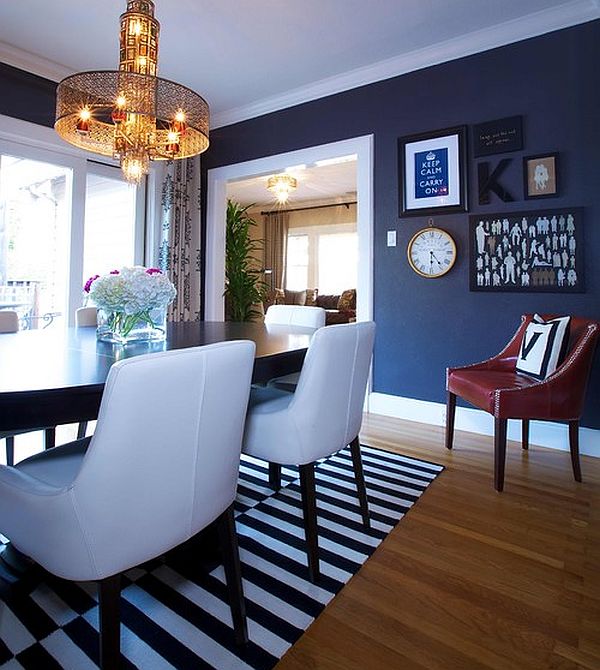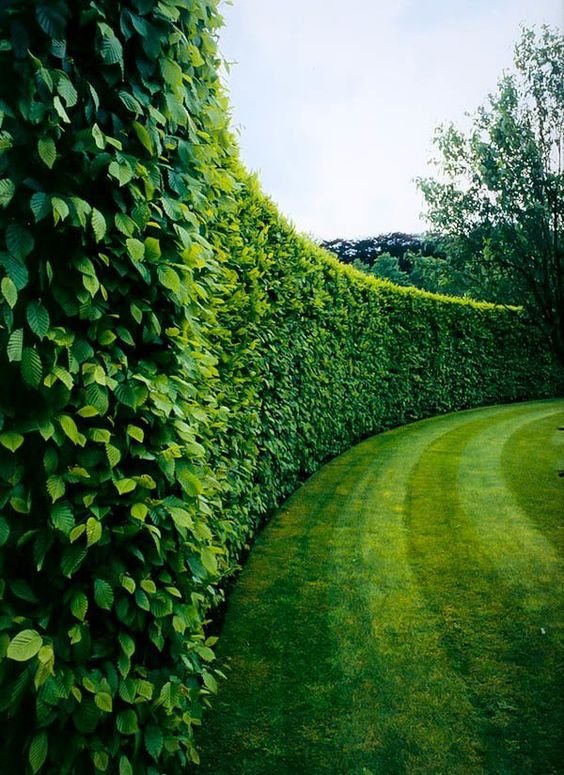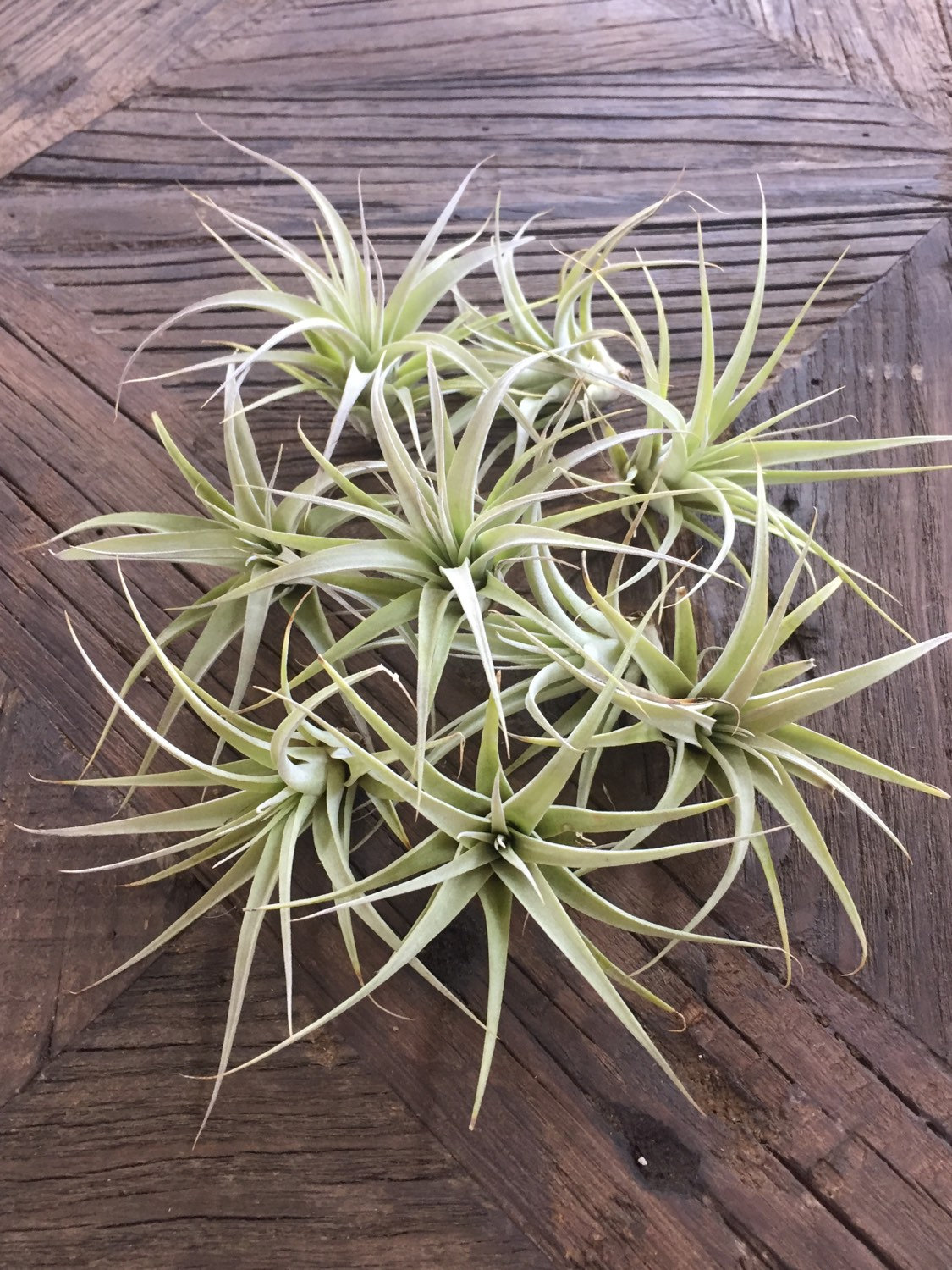It can grow as an indoor plant in low light and without soil. Boxwood shrubs are some of the most popular plants for growing a living fence.
Natural Fence Plants, Various species have been tested to. 7 shrubs for a natural outdoor screen.

There are many reasons why arborvitae is among the most popular plants for a living privacy fence. That might sound pricey, but you can plant willows five feet apart in a living fence, so you won’t need as many of them to form a fence as you would many plants on this list. See more ideas about privacy landscaping, backyard landscaping, landscape design. Privet, one of the most ubiquitous plants used in natural fencing, encompasses a group of about 50 species of shrubs and small trees.
This type of fencing can provide your home with the privacy it needs all while benefiting the environment —making it a win for you, and our ecosystem.
This type of fencing can provide your home with the privacy it needs all while benefiting the environment —making it a win for you, and our ecosystem. A row of evergreen trees is a natural fence that stays green all year and can provide shelter for birds during cold weather. Green fence, stone wall, and hedgerow created with evergreen plants, attractive front yard decorating ideas climbers such as the native hibertia and ivy are fabulous ground covers. 7 shrubs for a natural outdoor screen. Arborvitae, juniper and cedar are elegant, attractive evergreen trees that can form effective privacy borders. Watering, fertilizing, and trimming a large natural fence can be a considerable expense, but one that can be well worth the effort, especially in this era of.
 Source: interiordesignblogs.eu
Source: interiordesignblogs.eu
They add a lush green color to brick, wood or natural stone walls. Lilac bushes are yet another kind of plant that are perfect for fence lines. A mix of interesting shrubs is a great idea for the middle of your natural privacy fence. These suggestions range from small and easy ways of hiding an unsightly fence, to large projects.
 Source: hgtv.com
Source: hgtv.com
7 shrubs for a natural outdoor screen. Osage orange, also known as hedge apple or horse apple, is one of the most commonly used plants for natural fences in america. Its peeling bark creates winter interest. A more rugged version of the picket fence, this garden border fence has a natural look which blends perfectly well with the neighboring flower.
 Source: sherwoodgardens.com
Source: sherwoodgardens.com
Privets are flowering semievergreen shrubs and. They add a lush green color to brick, wood or natural stone walls. Boxwood shrubs are some of the most popular plants for growing a living fence. It can grow as an indoor plant in low light and without soil. Natural fencing is the process of strategically planting certain plants to create a border.
 Source: pinterest.com
Source: pinterest.com
Lilac bushes are yet another kind of plant that are perfect for fence lines. Privet, one of the most ubiquitous plants used in natural fencing, encompasses a group of about 50 species of shrubs and small trees. Following are the top plants that can be used as hedges in the live fence: But the bigger variety of bamboo shoots can.
 Source: pinterest.com
Source: pinterest.com
On the other hand, lilac bushes, when allowed to get full and thick, look bushy (for lack of a better word). Sandra explains natural fences are a financial and chronological investment. The common name of buxus plants comes from the fact that they are easy to prune and shape. Watering, fertilizing, and trimming a large natural fence can be a.
 Source: pinterest.fr
Source: pinterest.fr
These are different from hedges like boxwood and privet which look firm and dense. Osage orange, also known as hedge apple or horse apple, is one of the most commonly used plants for natural fences in america. Its peeling bark creates winter interest. Various species have been tested to. That might sound pricey, but you can plant willows five feet.
 Source: ethanvizitei.com
Source: ethanvizitei.com
The thorns deter deer and other animals from getting too close. It can grow as an indoor plant in low light and without soil. Reed “gone with the wind” plantation: Various species have been tested to. Watering, fertilizing, and trimming a large natural fence can be a considerable expense, but one that can be well worth the effort, especially in.
 Source: pinterest.com
Source: pinterest.com
Its thick evergreen foliage creates a dense hedge when the trees are spaced properly, it. There are many reasons why arborvitae is among the most popular plants for a living privacy fence. Lilac bushes are yet another kind of plant that are perfect for fence lines. See more ideas about privacy landscaping, backyard landscaping, landscape design. A row of evergreen.
 Source: pinterest.com
Source: pinterest.com
That might sound pricey, but you can plant willows five feet apart in a living fence, so you won’t need as many of them to form a fence as you would many plants on this list. The best living fence plants: The common name of buxus plants comes from the fact that they are easy to prune and shape. The.
 Source: pinterest.com
Source: pinterest.com
Privet, one of the most ubiquitous plants used in natural fencing, encompasses a group of about 50 species of shrubs and small trees. Introduction to bio fencing plants in india. The best living fence plants: A mix of interesting shrubs is a great idea for the middle of your natural privacy fence. Wooden garden edging adding wooden garden edging as.
 Source: black-budget.com
Source: black-budget.com
A natural fence can provide many of the benefits of your more traditional fencing styles, provided you are willing to spend the extra time and effort necessary to keep your natural fence healthy and strong. You can plant boxwood living fences for small border hedgerows or large privacy screens. Following are the top plants that can be used as hedges.
 Source: naturalbuildingblog.com
Source: naturalbuildingblog.com
See more ideas about privacy landscaping, backyard landscaping, landscape design. Each of these brings its own interest to the party: The common name of buxus plants comes from the fact that they are easy to prune and shape. Browse 260,398 natural fence plants pictures stock photos and images available, or start a new search to explore more stock photos and.
 Source: naturebring.com
Source: naturebring.com
This type of fencing can provide your home with the privacy it needs all while benefiting the environment —making it a win for you, and our ecosystem. The bamboo plant is one of the most versatile plants that you come across. A row of evergreen trees is a natural fence that stays green all year and can provide shelter for.
 Source: in.pinterest.com
Source: in.pinterest.com
Privets are flowering semievergreen shrubs and. The best living fence plants: These are different from hedges like boxwood and privet which look firm and dense. These beautiful yellow bushes tell you that spring is here with they yellow blooms. Freshly cut grass freshly cut grass in the backyard of a private house.
 Source: sportcarshow212.blogspot.com
Source: sportcarshow212.blogspot.com
Sandra explains natural fences are a financial and chronological investment. Freshly cut grass freshly cut grass in the backyard of a private house. Bamboos are the most commonly used plants for fences in rural parts of asia. They add a lush green color to brick, wood or natural stone walls. For 8 great ideas on how to hide your fence.
 Source: lushome.com
Source: lushome.com
The homeowner who opts for a natural fence has to have patience — give the plants space (and time) to grow and you�re more likely to have a satisfactory result. Browse 260,398 natural fence plants pictures stock photos and images available, or start a new search to explore more stock photos and images. Each of these brings its own interest.
 Source: pinterest.com
Source: pinterest.com
The best living fence plants: Ninebark is a fast grower with foliage in bold shades of purple or gold, depending on the variety. If you’re looking for a living fence that can get as high. See more ideas about privacy landscaping, backyard landscaping, landscape design. Plantings may look silly the first few years, but they�ll mature into a beautiful hedge.
 Source: engledow.com
Source: engledow.com
This is the most common spiny succulent shrub grown in india along the fenceline of farmlands. Natural fencing is the process of strategically planting certain plants to create a border of privacy around your home. Lilac bushes are yet another kind of plant that are perfect for fence lines. Sandra explains natural fences are a financial and chronological investment. They.
 Source: pinterest.com
Source: pinterest.com
A more rugged version of the picket fence, this garden border fence has a natural look which blends perfectly well with the neighboring flower garden. You can plant boxwood living fences for small border hedgerows or large privacy screens. Osage orange, also known as hedge apple or horse apple, is one of the most commonly used plants for natural fences.
 Source: premierlandscapinglakewood.net
Source: premierlandscapinglakewood.net
You can plant boxwood living fences for small border hedgerows or large privacy screens. The homeowner who opts for a natural fence has to have patience — give the plants space (and time) to grow and you�re more likely to have a satisfactory result. Following are the top plants that can be used as hedges in the live fence: Here,.
 Source: black-budget.com
Source: black-budget.com
Cascading types of flowers such as petunias, verbena, bidens, calibrachoa and chenille are perfect if you want to achieve a graceful “waterfall like” splash of color since these plants spill over the edges of containers as they grow. Various species have been tested to. The eastern white pine (pinus strobus) is an example of an evergreen and is hardy in.
 Source: black-budget.com
Source: black-budget.com
Cascading types of flowers such as petunias, verbena, bidens, calibrachoa and chenille are perfect if you want to achieve a graceful “waterfall like” splash of color since these plants spill over the edges of containers as they grow. Boxwood shrubs are some of the most popular plants for growing a living fence. They are less expensive and useful than fences.
 Source: pinterest.com
Source: pinterest.com
Its peeling bark creates winter interest. Sandra explains natural fences are a financial and chronological investment. Cascading types of flowers such as petunias, verbena, bidens, calibrachoa and chenille are perfect if you want to achieve a graceful “waterfall like” splash of color since these plants spill over the edges of containers as they grow. These plants are easy to propagate.
 Source: naturebring.com
Source: naturebring.com
Osage orange, also known as hedge apple or horse apple, is one of the most commonly used plants for natural fences in america. The bamboo plant is one of the most versatile plants that you come across. This is the most common spiny succulent shrub grown in india along the fenceline of farmlands. Browse 260,398 natural fence plants pictures stock.
 Source: stewart-timber.co.uk
Source: stewart-timber.co.uk
These suggestions range from small and easy ways of hiding an unsightly fence, to large projects that are sure to make a backyard look professionally designed. Its peeling bark creates winter interest. Watering, fertilizing, and trimming a large natural fence can be a considerable expense, but one that can be well worth the effort, especially in this era of. A.








